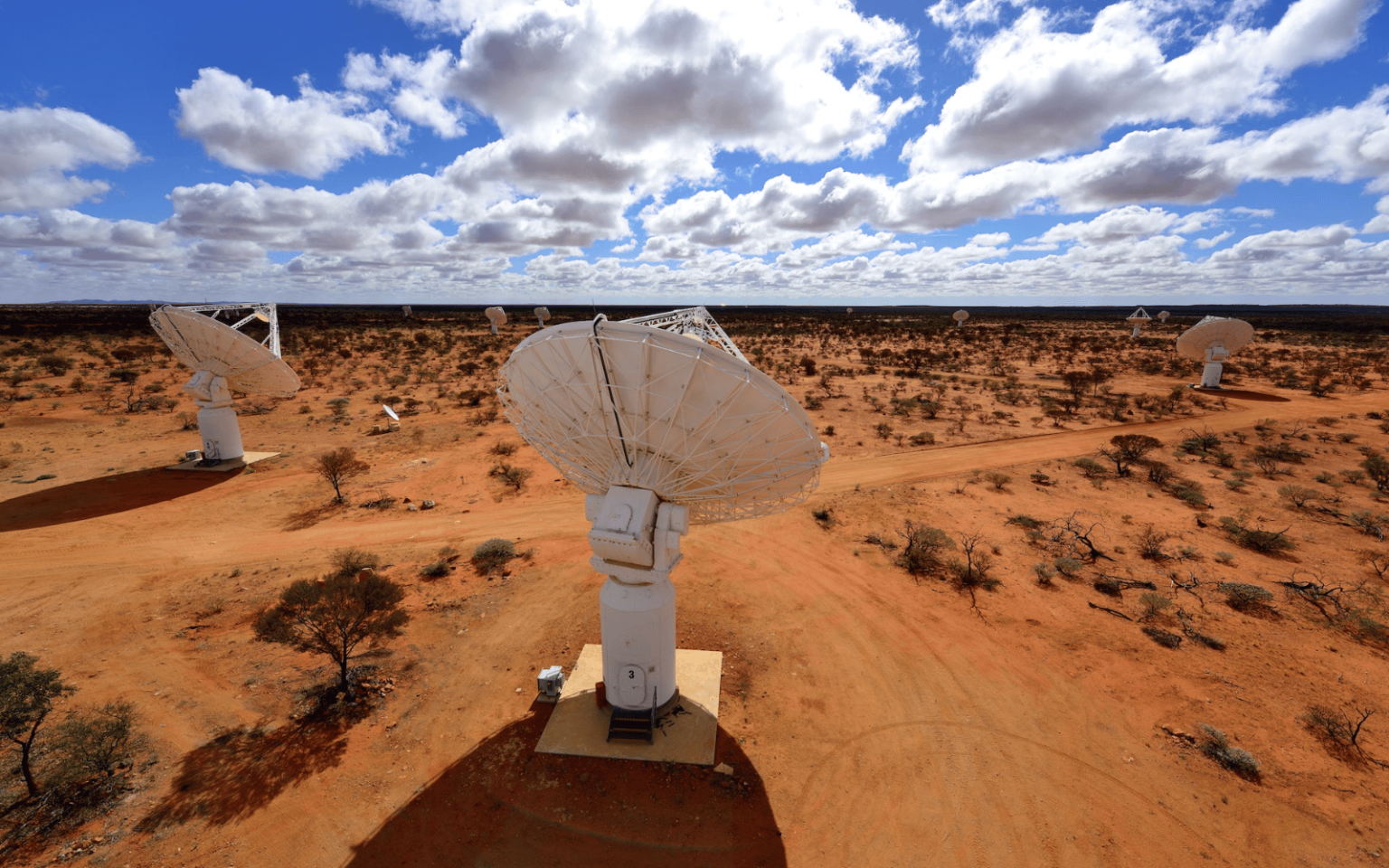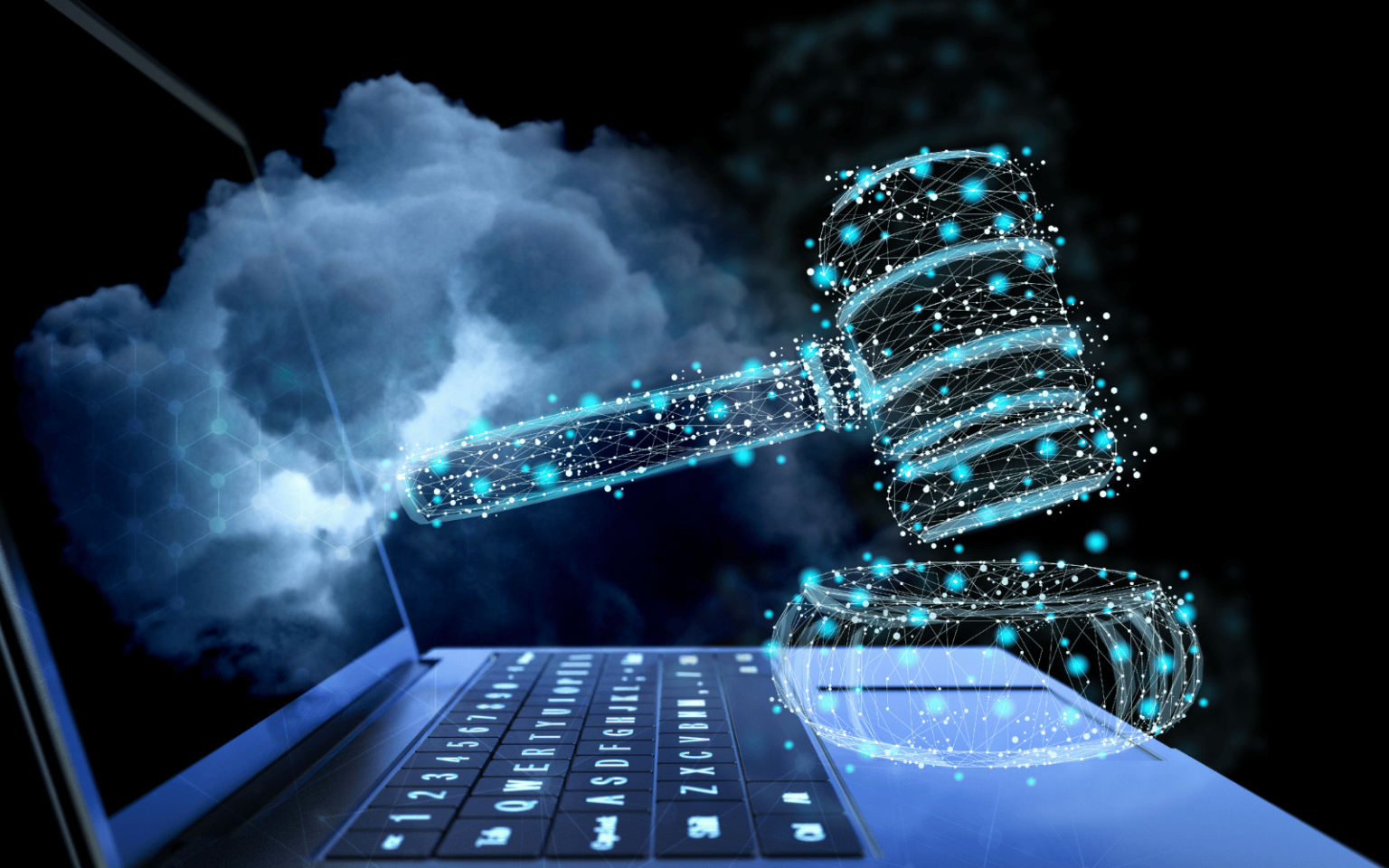For the first time, researchers have managed to use GPT1, precursor to the AI chatbot ChatGPT, to translate MRI imagery into text in an effort to understand what someone is thinking. This recent breakthrough allowed researchers at the University of Texas at Austin to “read” someone’s thoughts as a continuous flow of text, based on what they were listening to, imagining or watching. It raises significant concerns for privacy, freedom of thought, and even the freedom to dream without interference. Our laws are not equipped to deal with the widespread commercial use of mind-reading technology – freedom of speech law does…
Author: The Conversation
Can a computer learn from the past and anticipate what will happen next, like a human? You might not be surprised to hear that some cutting-edge AI models could achieve this feat, but what about a computer that looks a little different – more like a tank of water? We have built a small proof-of-concept computer that uses running water instead of a traditional logical circuitry processor, and forecasts future events via an approach called “reservoir computing”. In benchmark tests, our analogue computer did well at remembering input data and forecasting future events – and in some cases it even did better…
Artificial intelligence algorithms are quickly becoming a part of everyday life. Many systems that require strong security are either already underpinned by machine learning or soon will be. These systems include facial recognition, banking, military targeting applications, and robots and autonomous vehicles, to name a few. This raises an important question: how secure are these machine learning algorithms against malicious attacks? In an article published today in Nature Machine Intelligence, my colleagues at the University of Melbourne and I discuss a potential solution to the vulnerability of machine learning models. We propose that the integration of quantum computing in these models could…
In today’s world, our diets are often packed with fats and sugars. Our ancient instinct to crave calorie-rich foods, which once helped us survive, now leads to harmful health side-effects. To counteract this, food content creators on social media have been trying to push healthy eating and healthy eating content. But here’s the kicker — this content doesn’t get much engagement. Instead, posts that show unhealthy, high-calorie foods get more likes, shares and comments. This popularity of junk food online may tempt content creators and algorithms to show more of the same, tilting our view of “normal” eating habits towards unhealthy choices. In the long…
Until very recently, if you wanted to know more about a controversial scientific topic – stem cell research, the safety of nuclear energy, climate change – you probably did a Google search. Presented with multiple sources, you chose what to read, selecting which sites or authorities to trust. Now you have another option: You can pose your question to ChatGPT or another generative artificial intelligence platform and quickly receive a succinct response in paragraph form. ChatGPT does not search the internet the way Google does. Instead, it generates responses to queries by predicting likely word combinations from a massive amalgam of available…
Astronomers have been working to better understand the galactic environments of fast radio bursts (FRBs) – intense, momentary bursts of energy occurring in mere milliseconds and with unknown cosmic origins. Now, a study of the slow-moving, star-forming gas in the same galaxy found to host an FRB has been published in The Astrophysical Journal. This is only the fourth-ever publication on two completely different areas of astronomy describing the same galaxy. Even more remarkable is the fact that a single telescope made the discovery possible – from the same observation. Fast radio mysteries FRBs, first detected in 2007, are incredibly powerful…
Artificial intelligence (AI) has become such a part of our daily lives that it’s hard to avoid – even if we might not recognise it. While ChatGPT and the use of algorithms in social media get lots of attention, an important area where AI promises to have an impact is law. The idea of AI deciding guilt in legal proceedings may seem far-fetched, but it’s one we now need to give serious consideration to. That’s because it raises questions about the compatibility of AI with conducting fair trials. The EU has enacted legislation designed to govern how AI can and can’t be used…
In Dan Simmons’ 1989 sci-fi classic Hyperion, the novel’s protagonists are permanently connected to an artificial intelligence network known as the “Datasphere” that instantly feeds information directly to their brains. While knowledge is available immediately, the ability to think by oneself is lost. More than 30 years after Simons’ novel was published, the rising impact of AI on our intellectual abilities might be thought of in similar terms. To mitigate these risks, I offer a solution that can reconcile both AI’s progress and the need to respect and preserve our cognitive capacities. The benefits of AI for human well-being are wide-ranging…
For some people, the term “black box” brings to mind the recording devices in airplanes that are valuable for postmortem analyses if the unthinkable happens. For others it evokes small, minimally outfitted theaters. But black box is also an important term in the world of artificial intelligence. AI black boxes refer to AI systems with internal workings that are invisible to the user. You can feed them input and get output, but you cannot examine the system’s code or the logic that produced the output. Machine learning is the dominant subset of artificial intelligence. It underlies generative AI systems like ChatGPT and DALL-E 2. There…
A machine can only “do whatever we know how to order it to perform,” wrote the 19th-century computing pioneer Ada Lovelace. This reassuring statement was made in relation to Charles Babbage’s description of the first mechanical computer. Lady Lovelace could not have known that in 2016, a program called AlphaGo, designed to play and improve at the board game “Go”, would not only be able to defeat all of its creators, but would do it in ways that they could not explain. In 2023, the AI chatbot ChatGPT is taking this to another level, holding conversations in multiple languages, solving riddles and even passing legal…










